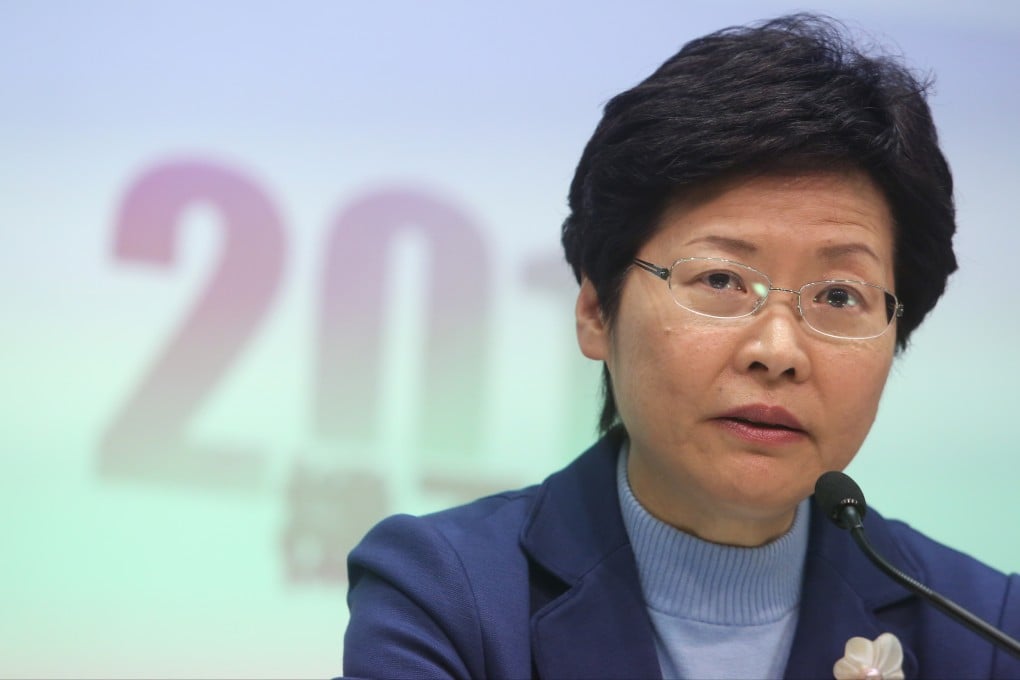Opinion | Political reform plan must include government pledge for post-2017 improvements
Frank Ching says to convince Hongkongers that political reform after 2017 is possible, the government must put it in writing

Barely six weeks after the last barricades were dismantled and Occupy Central ended, the Leung Chun-ying administration appears to be sitting pretty, with little to worry about. Public sentiment, which had seemed overwhelmingly on the side of the pro-democracy student movement, has visibly shifted, according to opinion polls.
True, the latest survey conducted by the University of Hong Kong's public opinion programme from January 19 to 21, commissioned by the Alliance for True Democracy, shows that 43 per cent of respondents agreed that the political reform framework laid down by the National People's Congress Standing Committee amounted to "fake" universal suffrage, with 30 per cent disagreeing.
Despite such figures, however, another survey by the same university on January 7-8, on behalf of newspaper, found that 56 per cent of respondents supported the government's political reform plan, compared with 34 per cent who were opposed.
Moreover, if the government were to commit to making the system more democratic in the chief executive election in 2022, a substantial majority of 64 per cent would accept the reform plan, compared to 23 per cent who would oppose it.
So, although it is accepted that what is on offer isn't really full democracy, if there is a guarantee that the 2017 election system is not the end point of the evolution of representative government, then it would be considered acceptable by most.
The Leung administration has promised repeatedly that the Standing Committee decision does not mean there will be no reform after 2017. On October 21, when three senior officials held a public dialogue with representatives of the Federation of Students, Chief Secretary Carrie Lam Cheng Yuet-ngor declared that the method for selecting the chief executive in 2017 "is not an 'endgame' model". She said the chief executive may, if and when necessary, activate the "five-step process" of constitutional reform again to improve the chief executive election method.

